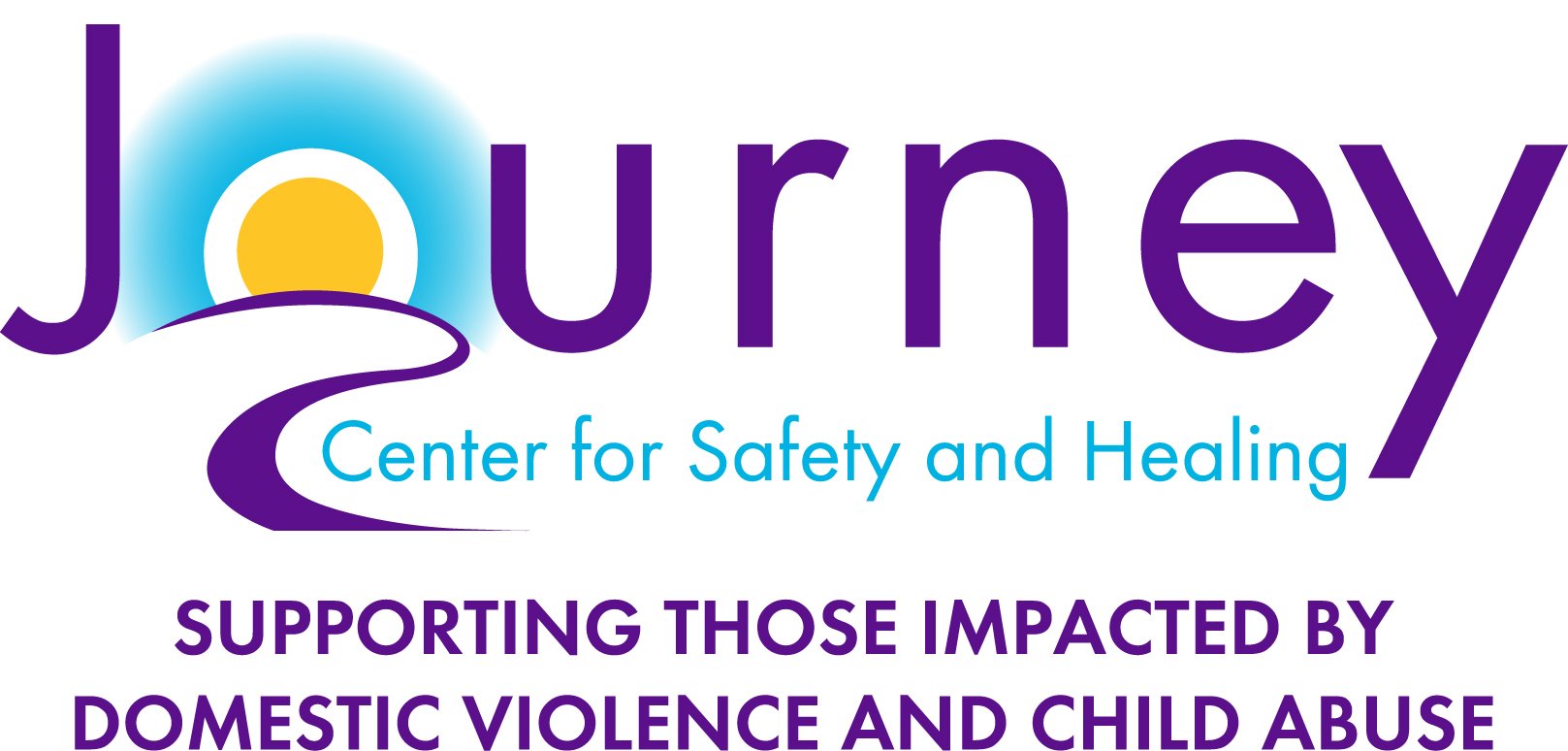Let's Talk: Supporting a Loved One Impacted by IPV Stalking
As we conclude National Stalking Awareness Month, it’s crucial to reflect on the impact that stalking can have on individuals, particularly those affected by intimate partner violence (IPV). Stalking is a serious issue that can create an environment of fear and uncertainty. If you have a loved one experiencing stalking, your support can make a significant difference in their Journey toward safety and healing.
One of the most important things you can do is believe and validate their experiences. When a loved one shares their story, avoid questioning or minimizing what they tell you. Phrases like “Are you sure that’s what happened?” or “Why did you respond to that text message?" can reduce their feelings and experiences. Instead, focus on the abuser’s actions and how those actions have affected your loved one. Support them by affirming their feelings, acknowledging the fear they might be experiencing, and emphasizing that their response to the situation is valid.
Encouraging your loved one to document the stalking can be an essential step in addressing the situation. Documentation may include keeping logs of incidents, saving messages or social media communications, and noting any witnesses or evidence. Not only does this provide a record of the behavior, but it can also be helpful if they choose to involve law enforcement or seek other protective measures.
It’s vital to support your loved one in seeking help and resources. Thank them for trusting you enough to share their experiences and help them think through all their options. Remember to respect their choices; every survivor’s Journey is unique, and they may need time to decide which actions to pursue.
Respecting your loved one’s privacy is vital. Do not share any information regarding their situation without their approval. Maintain open lines of communication, as stalking cases can last a long time (the average duration of intimate partner stalking is two years!). Regular check-ins can help your loved one feel supported and remind them that they are not alone. Be attentive to their changing reactions, wants, and needs over time.
Everyone has a role in combating intimate partner stalking. Here are some action steps you can take:
Learn the Warnings Signs: Equip yourself with knowledge about the warning signs of intimate partner stalking.
Have Conversations: Discuss domestic violence, intimate partner stalking, and healthy relationships with your friends and loved ones so that awareness can spread.
Call Out Abusive Behavior: If you witness abusive behavior, safely call them out.
Safety Strategies: Encourage your loved one to trust their instincts. Their safety plan should evolve as circumstances change. They should consider various scenarios and potential next steps. Advise them to cease any further communication with the stalker, keep a detailed log, vary their daily routine, and maintain open discussions with friends, family, and other support systems.
Remember, you are not alone. You can heal, and we are here to walk alongside you every step of the way.
Call or text our 24-Hour Helpline: 216.391.4357 (HELP) or live chat.
